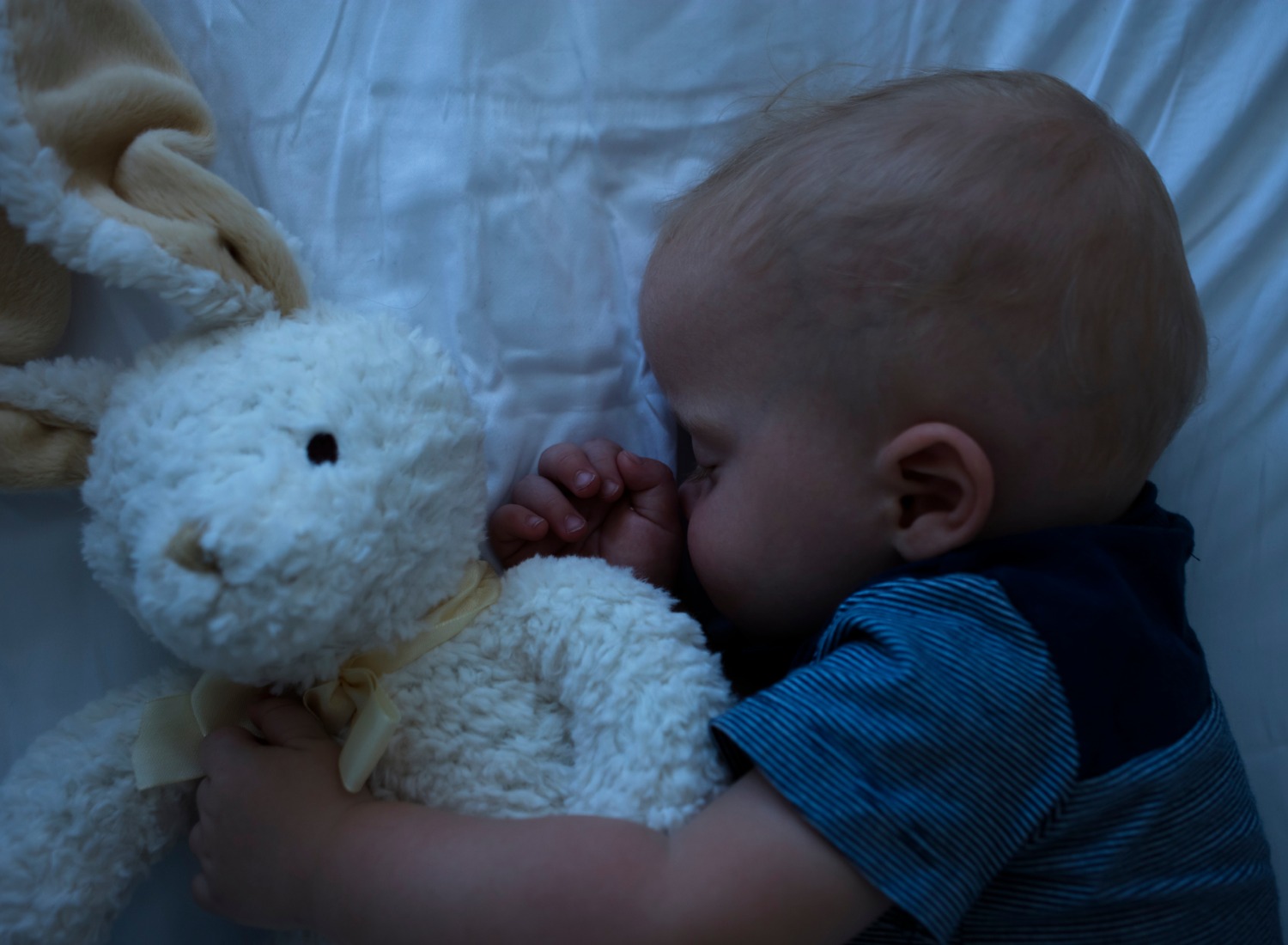Can Babies Have Nightmares? 5 Tips for Soothing Your Little on Those Tough Nights

Parenthood is an incredible journey filled with joys, challenges, and, of course, sleepless nights. As new parents, we often anticipate our babies waking up in the wee hours due to hunger, discomfort, or needing a diaper change. But have you ever wondered if babies can have nightmares? The answer is both surprising and important to understand. In this blog, we will explore the possibility of babies experiencing nightmares and provide you with five valuable tips for soothing your little one during those tough nights.
Babies can, indeed, have nightmares, though they differ from the complex night terrors experienced by adults. These infantile nightmares are usually related to basic fears and anxieties, such as separation from caregivers or physical discomfort, resulting in sudden, unexplained crying in the middle of the night. To help your baby sleep more soundly and reduce the likelihood of these nightmares, we’ll share insights on creating a calm bedtime routine, providing comfort and security, monitoring sleep patterns, offering responsive soothing, and fostering a secure attachment.
Create a Calm Bedtime Routine
One of the best ways to help your baby sleep more soundly and reduce the likelihood of nightmares is by establishing a calming bedtime routine. A consistent routine can help your baby feel secure and comfortable, knowing what to expect at bedtime. A typical bedtime routine might include a warm bath, gentle lullabies, and reading a soothing story with their favorite stuffed animal. The key is to create a peaceful environment that signals to your baby that it’s time for sleep.
Comfort and Security
It’s essential to make sure your baby feels safe and secure in their sleeping environment. A security blanket or a stuffed animal can provide a comforting presence for your baby. However, be sure to choose safe items that do not pose a choking hazard, and always monitor your baby while they have these items in the crib.
Monitor Sleep Patterns
Understanding your baby’s sleep patterns can help you identify potential triggers for their nightmares. Babies often experience the most vivid dreams during the rapid eye movement (REM) stage of sleep. This is when nightmares are more likely to occur. Pay attention to the timing of your baby’s cries at night. If they consistently wake up around the same time, it might be related to their sleep cycle and the presence of nightmares.
Be Responsive and Soothing
When your baby does wake up in the middle of the night, it’s crucial to be responsive and soothing. Babies rely on their caregivers for comfort and reassurance, so try to respond promptly to their cries. A gentle touch, soothing words, and rocking can help calm your baby and ease their distress. Keep the lights dim and avoid stimulating activities, making it more challenging for your baby to return to sleep.
Foster a Secure Attachment
A secure attachment between you and your baby is fundamental in helping them feel safe and protected, both during the day and at night. Building this attachment involves responding to your baby’s needs consistently and sensitively. When your baby feels loved and secure, they are less likely to experience nightmares and will have a more peaceful night’s sleep.
Conclusion
While the concept of babies having nightmares might seem surprising, it’s essential to understand that their nightmares are different from those experienced by adults. These “baby nightmares” are often linked to basic fears and anxieties. By following the five tips above, you can help your little one have a more restful night’s sleep, minimizing the chances of these nighttime disturbances. Creating a calming bedtime routine, providing comfort and security, monitoring sleep patterns, being responsive and soothing, and fostering a secure attachment will all contribute to your baby’s peaceful nights and well-deserved rest as a parent. Remember that while caring for a baby can be challenging, the love and security you provide will help them grow and thrive. Sweet dreams to both you and your little one!